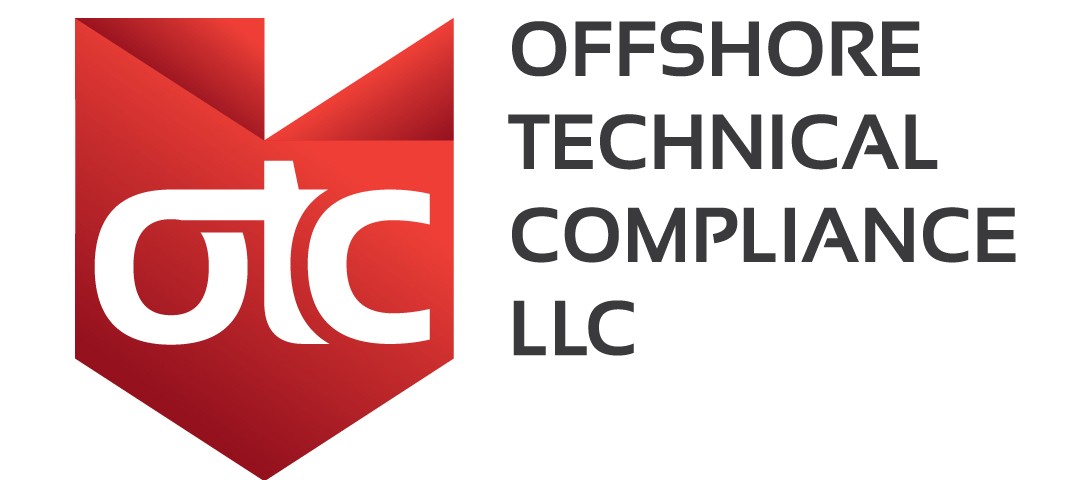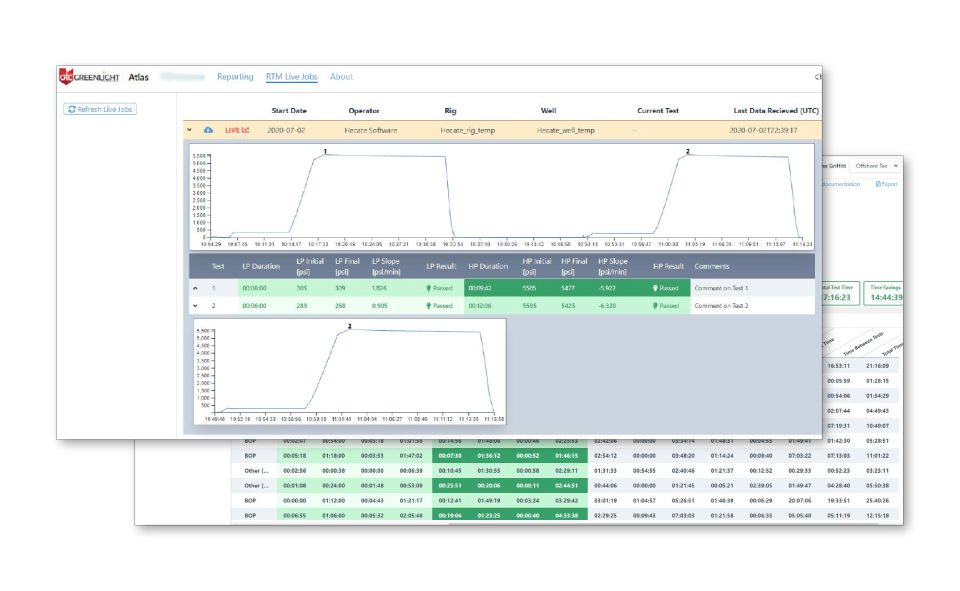- Have any questions?
- +985-727-7400
Hire Me!

Dos and Don’ts for Creating a Realistic and Effective Test Plan
January 31, 2018
Offshore Technical Compliance Opens New Office and Training Facility in Houston
April 30, 2018
OTC continues to grow and we are bullish on future growth as offshore oil and gas activity picks up in the Gulf of Mexico and around the globe. Finding experienced and reliable candidates to fill openings will be our challenge, and I’m sure the challenge of many others in the industry in the near term. So for a change of pace, I’d like to offer my perspective to those of you looking to land jobs in the service side of the industry. I’m sharing this information from my perspective as an employer and it’s not intended to speak for all employers, so take it with a grain of salt. Also, this snapshot is based on our process to identify technicians and inspectors to work offshore for OTC.
OTC is constantly receiving resumes from qualified and unqualified candidates looking for work. How do we make the decision on who to hire? How does our process work? What can I do in the interview process to stand apart from equally qualified candidates?
First of all, we have a multi-step process. In addition to reviewing unsolicited resumes sent in to us, we also solicit our existing hands offshore to refer candidates who have expressed an interest in working for us. We also encourage experienced candidates who are no longer in the industry, but who want to get back in, to stay in contact with us. When we are ready to hire, we review resumes as a team and select the most qualified candidates for an initial phone screen to determine current work status and interest in the openings we have. In a short call, we discuss general compensation and benefits to determine availability and match.
Candidates are selected for in-person interviews based on qualifications, phone screen data and referrals if applicable. During in-person interviews, we ask experienced-based questions. Generally these questions start with, “Can you tell me about a time in your past work experience when….?” The questions are intended to get candidates to explain in detail how they handled certain situations like conflict, following chain of command, Stop Work Authority or taking initiative in past jobs. They can also be used to drill down on specific skill sets we are looking for.
We also ask open-ended questions such as, “Can you tell me if there are any barriers to being available for deployment offshore on short notice?” The nature of our work requires our technicians to be reachable and available for work on short notice. If a person lives in a location without cell or Internet connectivity, or if they have other obligations that prevent them from going offshore, then they may not be a good match. Candidates have an opportunity at this time to be forthcoming about any barriers that would prevent them from being available to work. In many cases, these barriers can be accommodated. Setting expectations from both the employer and employee side is important to avoid frustrations later.
We may also ask open-ended questions about hobbies, volunteer work or community service that demonstrates leadership and teamwork outside of the workplace. This kind of open-ended question is a candidate’s opportunity to tell us more about themselves that further strengthens their qualifications for the job. It also helps if the candidate has questions for us. This demonstrates the candidate has researched our company, its personnel and leadership and shows initiative.
I hope some of these tidbits of perspective are helpful in general to your search for work.
Michael B. Bethea
CEO of OTC

